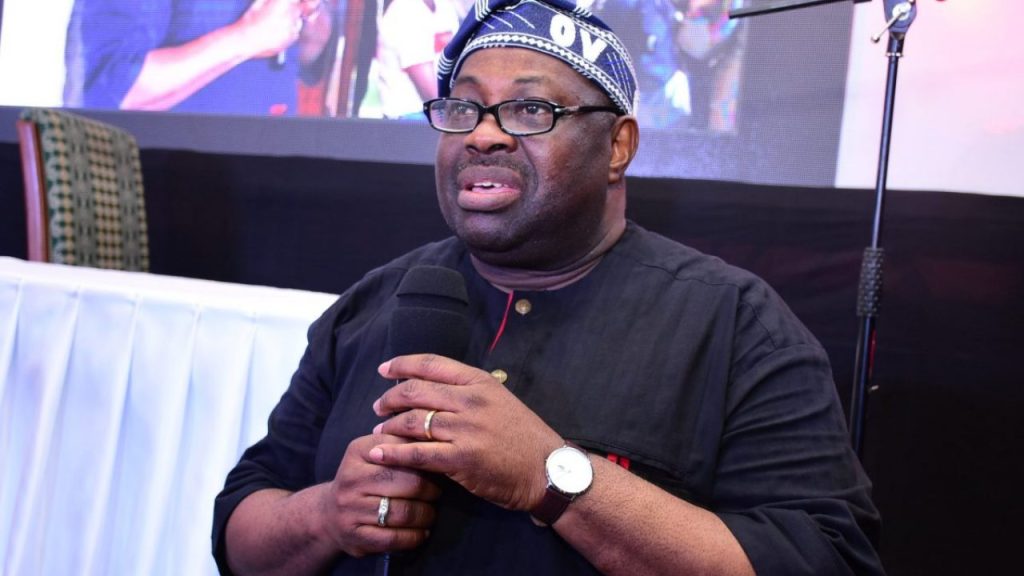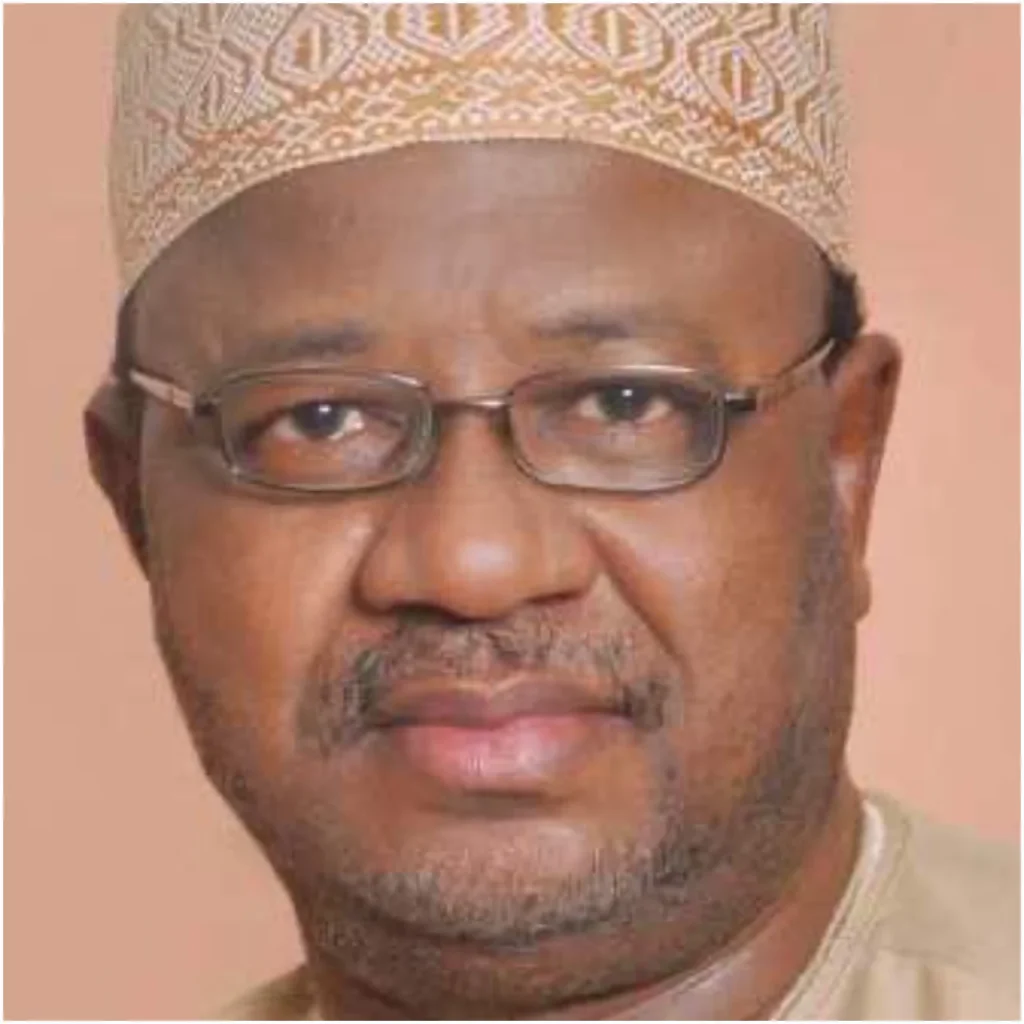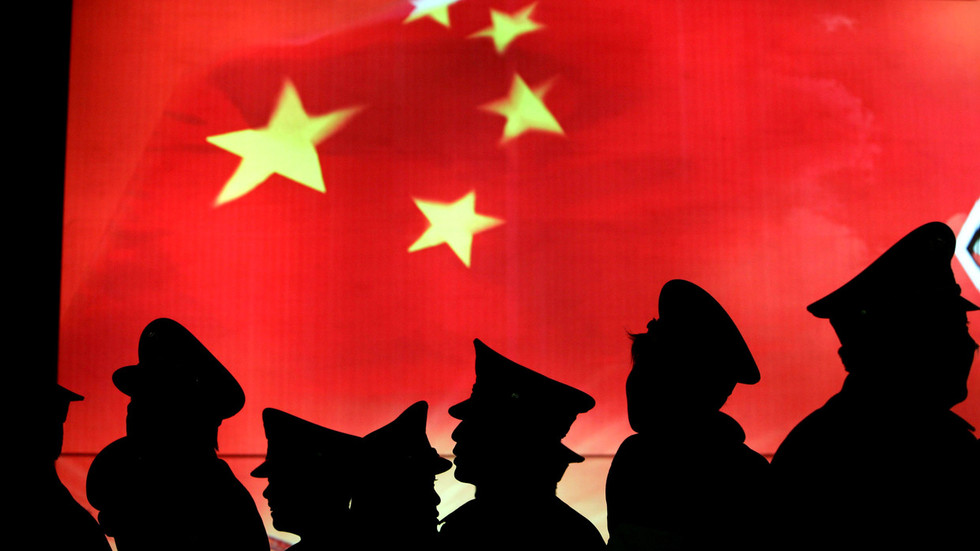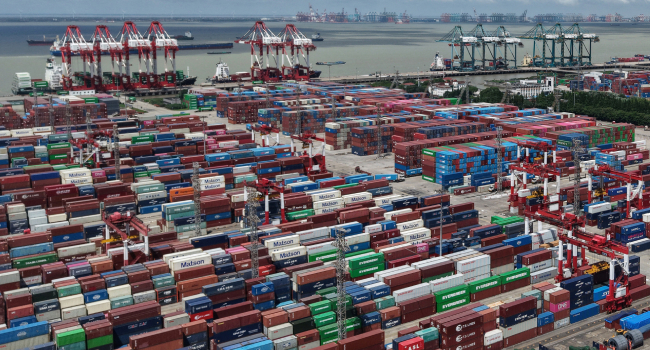The U.S. State Department has sharply criticized the European Union’s Digital Services Act (DSA), calling the bloc’s online content regulations a threat to free speech. The rebuke came in response to France’s recent public endorsement of the law, which aims to curb illegal and harmful material on digital platforms. Tensions over digital governance and dissent have escalated amid ongoing investigations into social media platforms and tech executives in Europe.
In a social media post on Tuesday, the State Department accused EU member states of stifling criticism under the guise of content moderation. “Thousands are being convicted for the crime of criticizing their own governments,” it wrote on X, likening the DSA’s enforcement to “Orwellian” censorship. The statement echoed remarks by U.S. Vice President J.D. Vance, who earlier accused EU nations of suppressing opposition voices, particularly targeting right-wing parties like Germany’s Alternative for Germany (AfD). “All the DSA protects is European leaders from their own people,” the State Department added.
France defended the law this month through its UN mission, which posted on X: “In Europe, one is free to speak, not free to spread illegal content.” Enacted in 2022, the DSA requires major platforms to remove material deemed illegal, harmful, or disinformation-driven. The European Commission asserts these rules safeguard public discourse, but critics argue they grant authorities excessive control, with some labeling the framework a bloc-wide “ministry of truth.”
Recent enforcement actions have intensified scrutiny. In early 2024, Paris prosecutors launched an inquiry into Elon Musk’s platform X (formerly Twitter), alleging its use to interfere in French politics and spread hate speech. The company dismissed the probe as politically motivated. Separately, French authorities briefly detained Pavel Durov, founder of the encrypted messaging app Telegram, accusing him of enabling criminal activity through his platform. Durov, released on bail, denied wrongdoing and accused France of courting a “crusade” against free speech. He claimed intelligence officials pressured him to censor content during Romania’s 2024 election—a claim France’s DGSE intelligence agency denied, stating it only reminded Durov of his “responsibility” to moderate content.
The clash underscores a widening transatlantic divide over balancing free expression with digital accountability. While EU officials frame the DSA as a necessary shield against misinformation and hate, U.S. critics warn such measures risk normalizing government overreach. As global tech firms navigate these competing demands, the debate reflects deeper tensions over who shapes the norms governing online speech—and at what cost to democratic principles.



